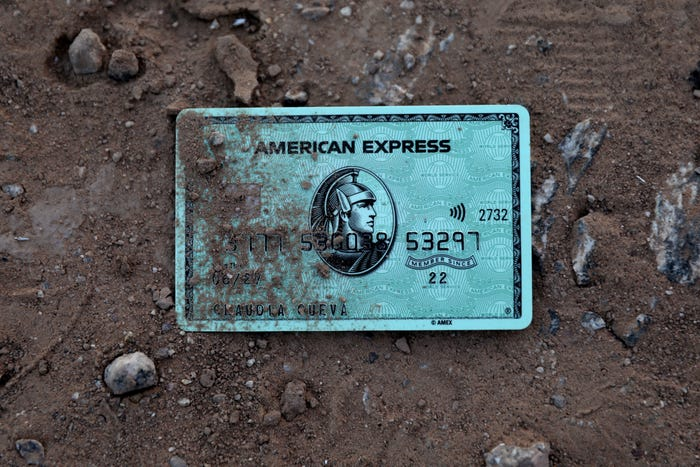
Although consumer spending is helping the US economy remain stable in 2023, some of these issues are gradually emerging. The US credit card debt has reached record levels, and credit card interest rates are also soaring. This has led to an increase in debt arrears, especially with a sharp rise in credit card arrears. As the United States faces a credit card crisis, more and more Americans are trying to find a way out.
According to data provided by non-profit credit advisory firm Fund Management International, the number of Americans seeking debt advice has surged after the January holiday. According to data from the Federal Reserve Bank of New York, since the outbreak of the pandemic in 2019, the total debt of US households has increased by over 24%, currently reaching $17.5 trillion.
The United States is facing a credit card crisis. Among total debts, credit card balances have grown the fastest. The credit card debt of Americans has reached a record high of $1.13 trillion. Even before the holiday, this total grew by 4.6% in the third quarter of 2023, marking the ninth consecutive quarter of growth, higher than the overall debt growth rate of 1.2% during the same period.
Compared to other types of debt, Americans find it more difficult to pay their credit card bills on time. According to data from the Federal Reserve, over 6% of credit card balances are severely delinquent, more than twice the proportion two years ago and still on the rise.
What exacerbates credit card debt is the soaring interest rates. Although credit card interest rates are already high, with the Federal Reserve raising interest rates 11 times, credit card interest rates have further risen. Due to the fact that most credit cards have floating interest rates, they are closely related to the Federal Reserve's benchmark. As the federal funds rate rises, the prime rate is also rising, and the credit card rate is also rising. The current annual average percentage rate exceeds 20%, reaching a historical high. Based on current balance and interest rates, Americans spend an average of $1140 per year on credit card interest and expenses, accounting for approximately 2% of pre tax income.
The increase in the usage rate of buy first, pay later has also invisibly added many hidden dangers. During the recent holiday period, the usage of "buy first, pay later" has further surged. According to Adobe, which tracks online sales, the usage of the "Buy Now, Pay Later" program increased by 47% on Black Friday and by 43% on Cyber Monday.
However, people still haven't taken into account the "ghost debt" brought about by the growing buy and pay plans. More and more Americans are turning to these programs rather than credit cards, but it is not clear how heavy the burden on American consumers is because these loans are usually not reported to credit institutions. This excessive implicit debt has also led young people in the United States to consume recklessly, neglecting later debt repayment. Many Americans use credit cards as crutches rather than tools. On average, Americans have four credit cards and do not consider the consequences of carrying high interest credit card debt at floating interest rates when swiping their cards. This makes most Americans urgently need the next month's salary to repay their debt, coupled with a wave of unemployment, forming a dead cycle.
LendingTree Chief Credit Analyst Matt Schultz said that despite high costs, consumers still often choose credit cards, partly because they are easier to obtain compared to other types of loans. However, he added that this comes at the cost of sacrificing other long-term financial goals.
At present, the credit card crisis in the United States further reflects the debt crisis and huge hidden dangers of Americans. In addition, the aggressive interest rate hikes by the Federal Reserve in the early stages have significantly increased the debt burden of emerging economies. If the US debt crisis erupts again, it will inevitably lead to turbulence in the global financial market, and even trigger a new round of global financial crisis, bringing greater trouble to the world economy.

As 2026 approaches, the space sector is once again entering the public spotlight, becoming part of everyday discussion.
As 2026 approaches, the space sector is once again entering…
Microsoft CEO Satya Nadella recently launched a personal bl…
In the early hours of January 3, 2026, flames in the Caribb…
As 2026 begins, the euro area economy remains mired in a "w…
According to Xinhua News Agency, the Ministry of Agricultur…
Recently, the United States launched a military raid on Ven…